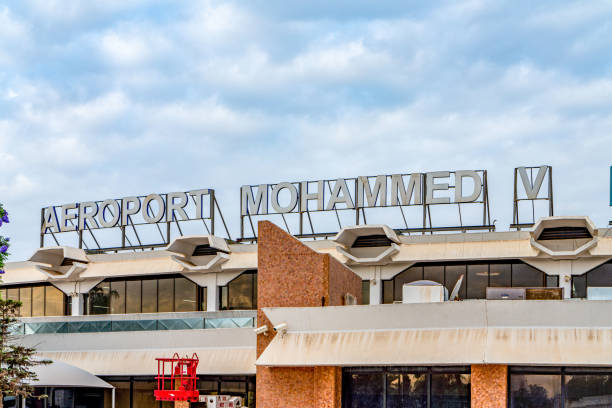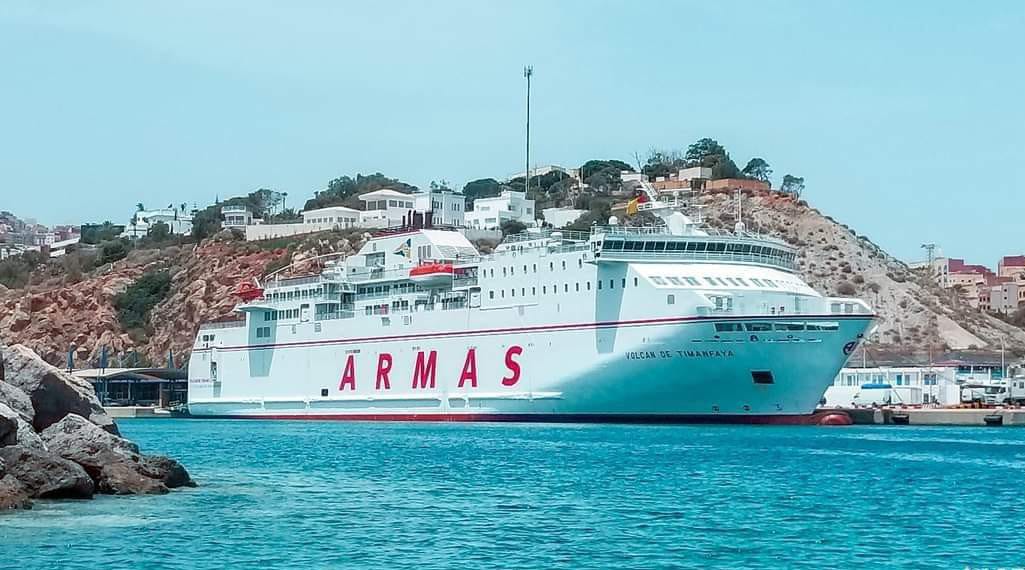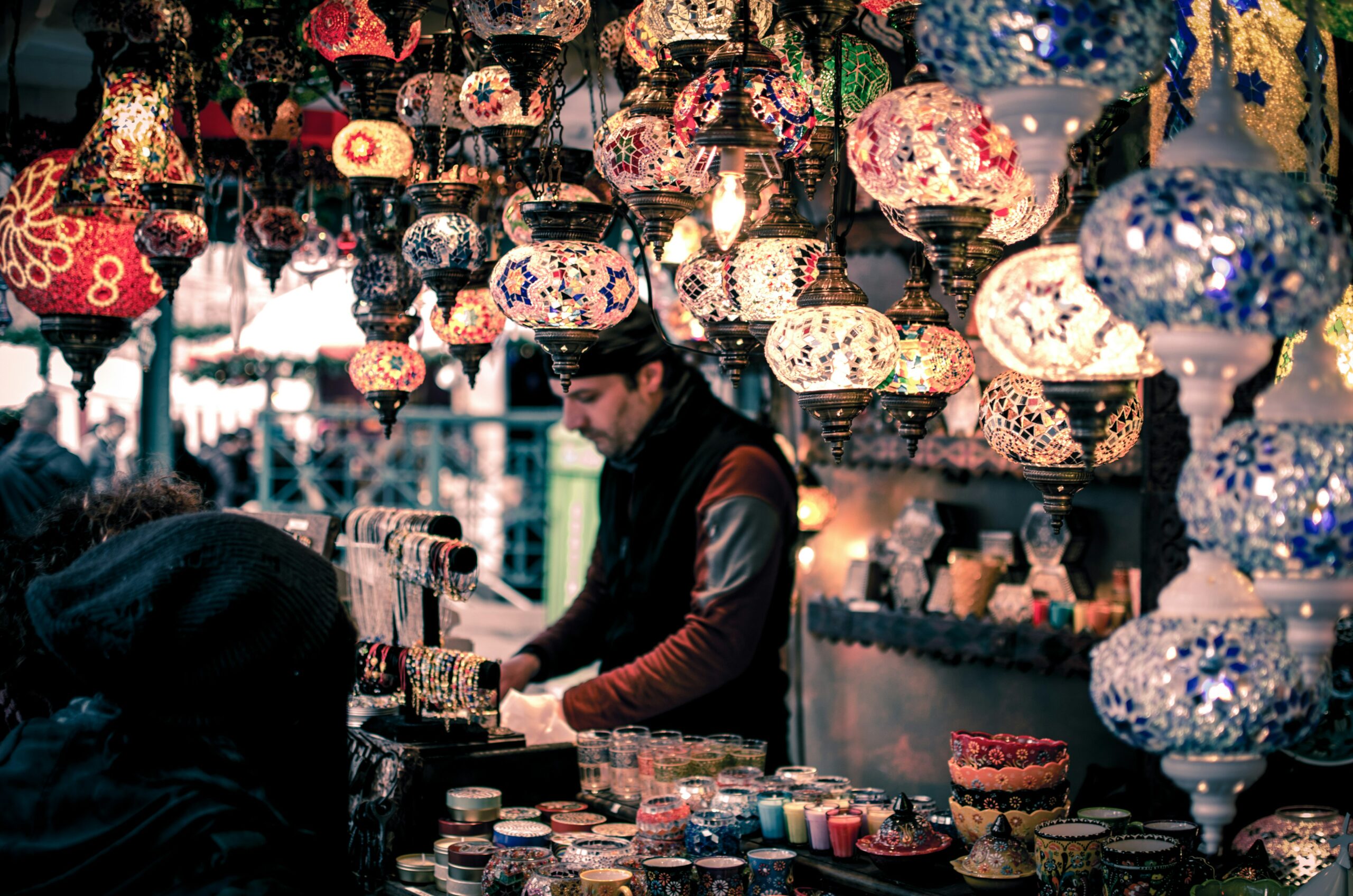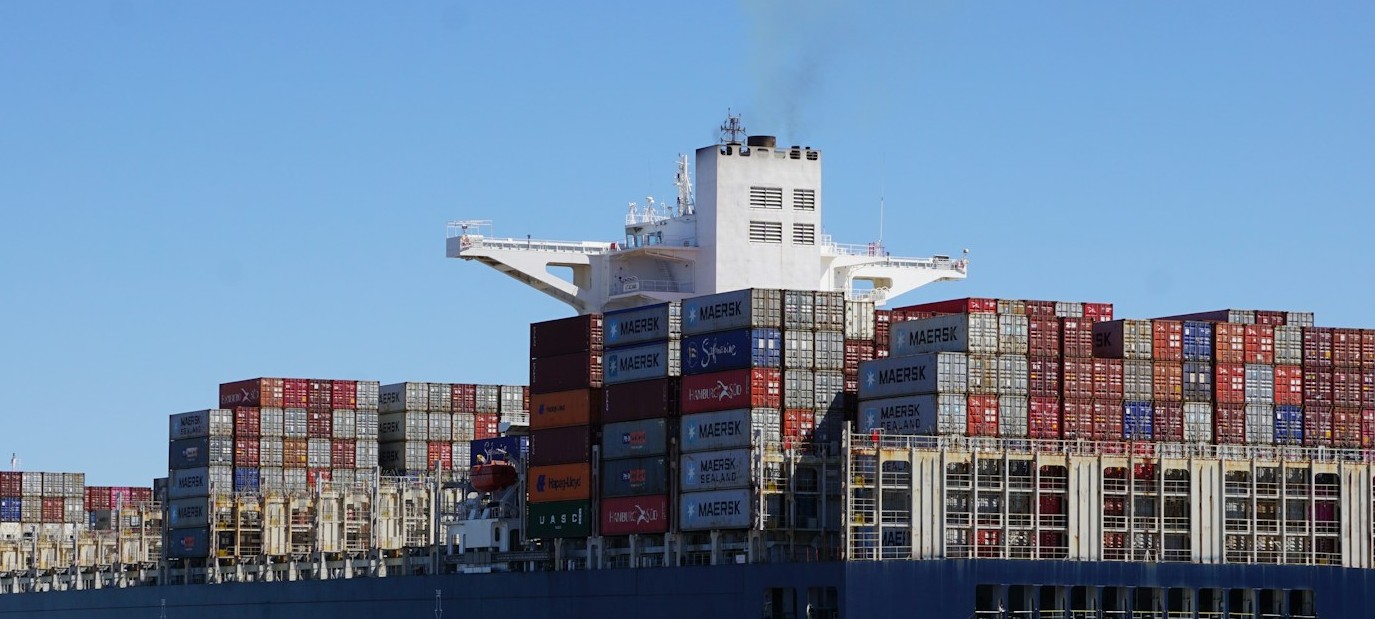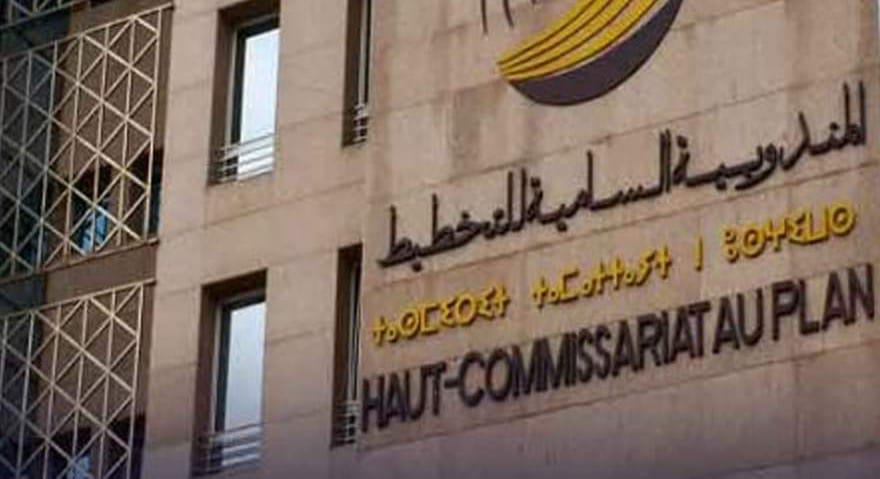Casablanca – Remittances from Moroccans living abroad reached a historic peak in 2024, surpassing $12 billion, according to the latest annual report on the balance of payments and international investment position published by Morocco’s Exchange Office. This record highlights the growing importance of expatriate transfers as a strategic lifeline for the national economy, both as a source of foreign currency and as direct support for millions of households.
Steady growth despite global uncertainty
The inflows from Moroccan expatriates totaled about $12.3 billion in 2024, representing a 3.3% increase compared with 2023. Between 2021 and 2024, these transfers posted an average annual growth rate of 5.7%, reflecting the strong and resilient ties linking the Moroccan diaspora—estimated at more than five million people—to their home country.
The Exchange Office emphasized that expatriate transfers have maintained steady momentum despite challenging global conditions, including economic slowdowns in host countries and fluctuations in international markets. This resilience underscores the role of Moroccans abroad as one of the country’s most reliable sources of foreign currency.
Contribution to private and public transfers
The report revealed that net private current transfers climbed from $13.2 billion in 2023 to nearly $13.8 billion in 2024. This increase was driven by a 4.5% rise in revenues, mainly linked to remittances, even though expenditures during the same period surged by 19.2%, partially offsetting the overall gains.
Expatriate remittances alone added around $390 million in 2024, reinforcing their position as the main component of private current transfers. Public current transfers also recorded a notable improvement, with the surplus increasing from about $124 million in 2023 to $371 million in 2024. This jump was largely attributed to revenue growth of more than 35%.
A vital source of household support and investment
Experts underline that remittances from Moroccans abroad play a dual role in the economy. On one hand, they provide direct support to families, helping sustain household purchasing power and reduce poverty. On the other hand, they serve as an important financing source for small and medium-sized enterprises, contributing to broader economic development.
In addition, these inflows bolster Morocco’s balance of payments and strengthen foreign currency reserves, reinforcing the country’s financial stability at a time when global markets remain volatile.
Travel revenues add to positive trend
The Exchange Office report also shed light on Morocco’s tourism-related revenues, which recorded another strong year in 2024. Travel receipts—the main driver of services trade—rose to about $11.6 billion, an increase of 4.6% compared with 2023. Expenditures also climbed, reaching $3 billion, up 9.6%. This resulted in a travel services surplus of roughly $8.6 billion, a year-on-year increase of 3%.
France remained Morocco’s top source of tourism income, generating about $3.7 billion in 2024, up 5.1% from the previous year. Spain followed with $1.76 billion, a 4% increase, while Italy ranked third with $845 million, up 5.2%.
Personal travel accounted for the bulk of the revenues and expenditures, posting a surplus of $8.2 billion. Business travel also recorded healthy growth, with its balance rising to $381 million, an increase of 9.8% compared with 2023.
Strategic role of the Moroccan diaspora
The Moroccan diaspora, spread mainly across Europe, North America, and the Gulf, remains a cornerstone of the country’s socioeconomic fabric. Their contributions, both financial and cultural, extend far beyond remittances, supporting not only household well-being but also broader national projects.
Economists stress that maintaining high levels of remittances is crucial for Morocco as it navigates global economic uncertainty. The steady flow of funds helps shield the domestic economy from external shocks, strengthens fiscal stability, and provides resources that can be channeled into public and private investments.
Outlook
With expatriate transfers and tourism revenues both reaching record highs in 2024, Morocco’s external position has been significantly reinforced. These developments provide the country with greater resilience in the face of fluctuating global markets and underline the enduring role of Moroccans abroad in shaping the national economy.
As the government continues to encourage investment from the diaspora and support the tourism sector, experts anticipate that these two pillars will remain vital drivers of Morocco’s economic growth in the years ahead.








